Understanding the Daewoo Suspension System
The Daewoo suspension system is an integral component of vehicle dynamics, ensuring a smooth ride and reliable handling. This system is designed to absorb and dampen the shock from road irregularities, contributing to vehicle stability and comfort. The complexity of the system requires a comprehensive understanding of its various parts, including shock absorbers, struts, and suspension mounts.
Types and Features of Daewoo Suspension Components
There are several types of components within the Daewoo suspension system. Monotube and twin-tube designs are common in shock absorbers, each with unique damping characteristics. Struts combine structural support with shock absorption, playing a crucial role in steering precision. Additionally, suspension mounts secure the system to the vehicle's chassis and contribute to alignment stability.
Materials and Durability
The materials used in the Daewoo suspension system are selected for their durability and performance. High-strength steel and aluminum alloys are commonly used for structural components, while rubber and polyurethane bushings provide necessary flexibility and noise reduction. The endurance of these materials is critical, as they must withstand various stresses such as compression, tension, and shear forces.
Applications and Advantages
The application of the Daewoo suspension system extends beyond merely connecting wheels to the car body. It plays a pivotal role in safety by maintaining tire contact with the road surface, which is essential for effective braking and cornering. The system's design also helps to reduce wear on other vehicle components, thereby extending the overall lifespan of the vehicle.
Challenges and Maintenance
Despite the robust design of the Daewoo suspension system, it faces challenges such as exposure to road debris, temperature variations, and potential impact damage. Regular maintenance is crucial to identify signs of wear, such as fluid leaks or damaged valves, which can compromise the system's performance and, by extension, driving safety.
Selection and Compatibility
Choosing the right suspension parts is essential for vehicle compatibility and performance. It is important to consider the specific model and driving conditions when selecting components like hydraulic shockers or truck shock absorbers. Compatibility with the vehicle ensures that the suspension system functions as intended, providing the desired level of ride comfort and handling precision.

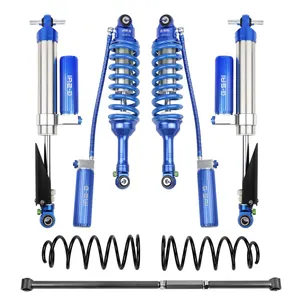






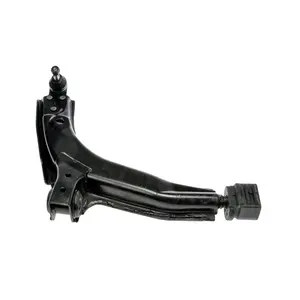


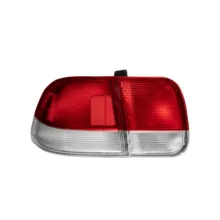
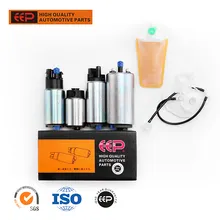
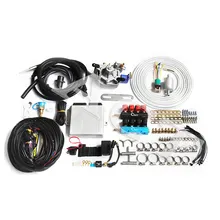
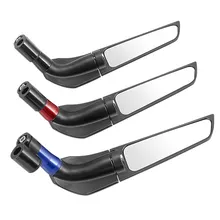
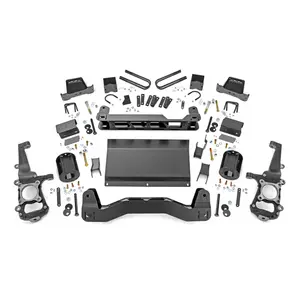
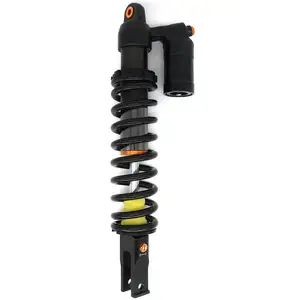


























 浙公网安备 33010002000092号
浙公网安备 33010002000092号 浙B2-20120091-4
浙B2-20120091-4